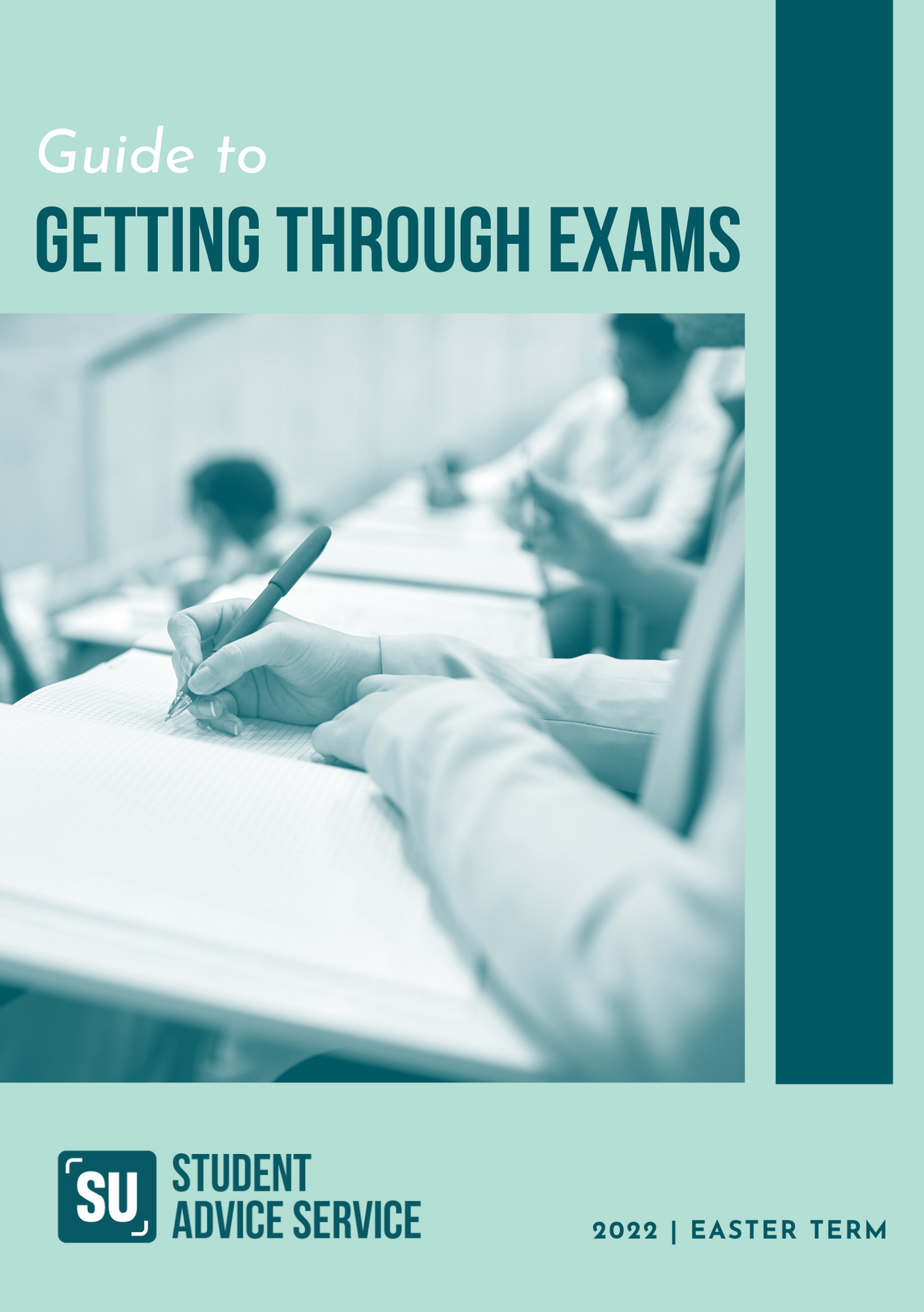UpDates Coming Soon!
Exams: results and support available
We hope your exams went well, but if things didn't go to plan, it may be helpful for you to understand your options, as most formal processes have deadlines. The options available to you depend on your course and the type of issues that affected your exams.

Guide to Getting Through Exams
Our Guide to getting through Exams has guidance and information on any concerns you may have about your exams and tips on how to de-stress before the test. Additionally, sources of information on managing exam stress can also be found on the University Student Support pages and on the Student Minds webpage here.
Make an appointment
Make an appointment or submit an enquiry here.
Mark Checks
If none of the above options applies to your situation and you feel you deserved a different result, you could request a mark check.
You, your Director of Studies or your Tutor could contact your department which should have a process in place to provide mark checks.
The mark check process should:
- check that your marks on individual questions/papers have been added up correctly
- ensure all your answer booklets have been marked by the Examiners
- check that any reasonable adjustments relating to the marking of your assessments have been put in place
Information from the University on mark checks can be accessed here.
exam feedback
According to information from the University, students can receive feedback from External Examiners' reports and any responses to them.
Students may also request internal Examiners' reports including comments about the cohort's performance as a whole.
You, your College Tutor or your Director of Studies could contact the department administrator who could provide further information on obtaining feedback on exams.
Further information can be found here.